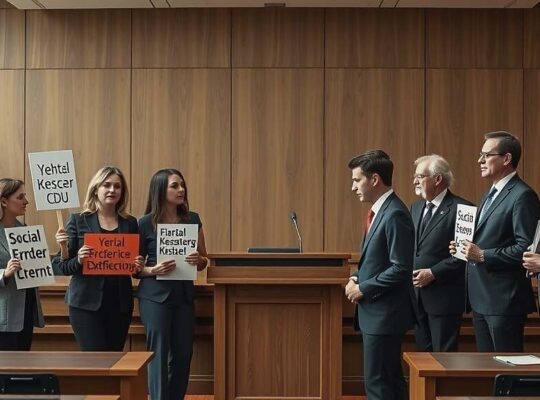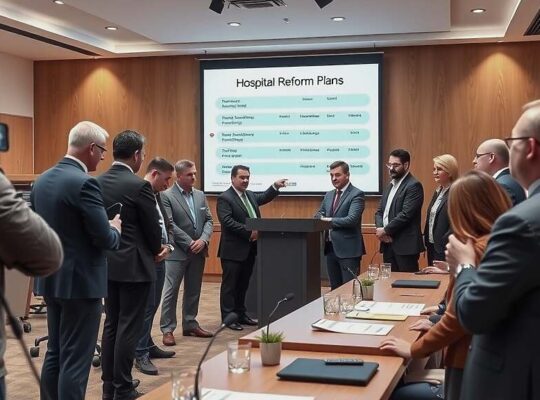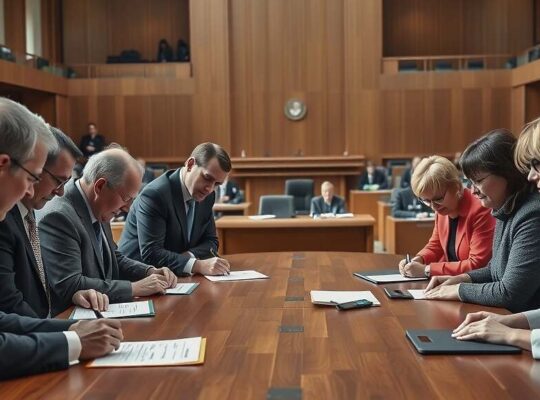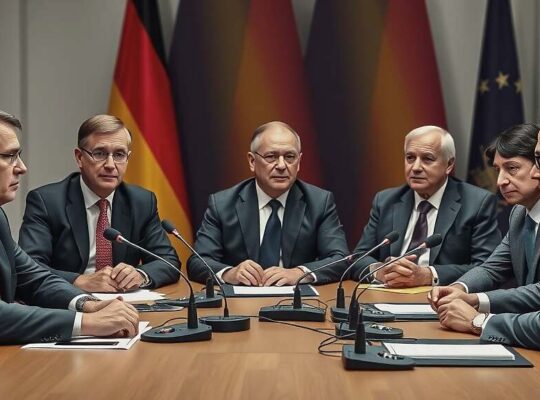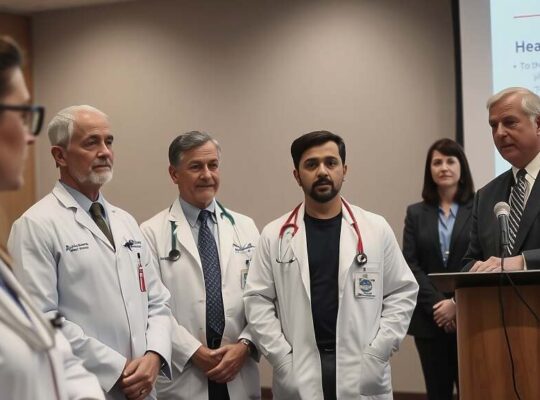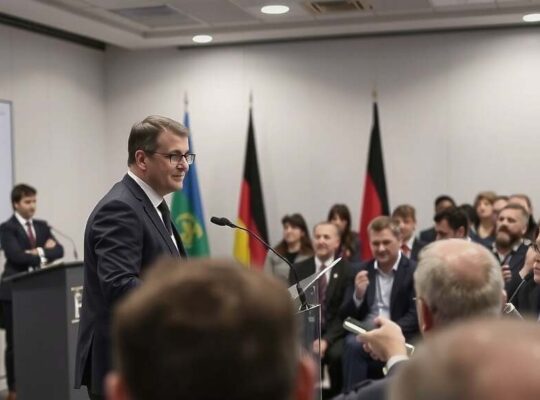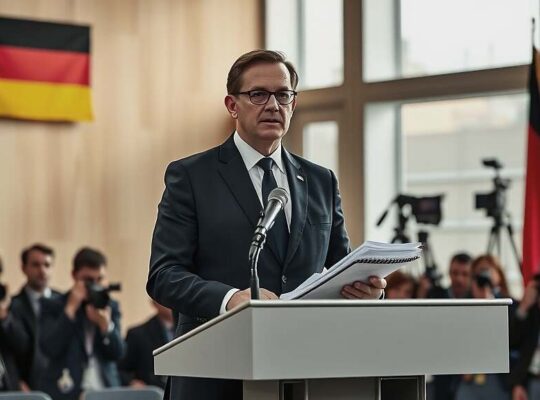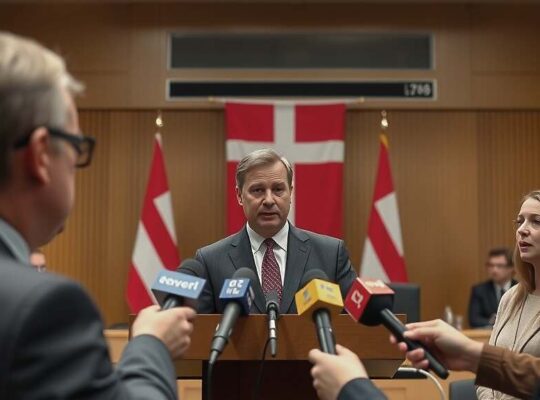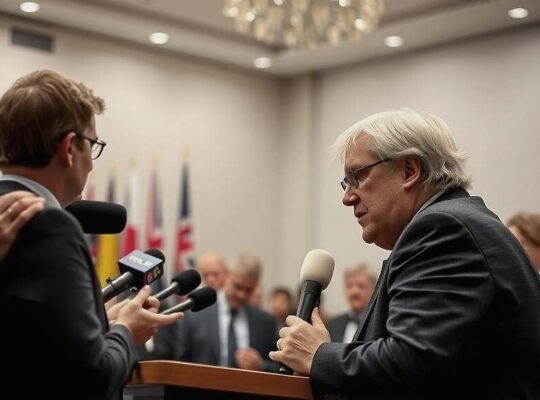Calls for reform of Germany’s debt brake are gaining momentum, with multiple political factions expressing the need for adjustments to the existing framework. Following Vice-Chancellor Lars Klingbeil’s recent reminder to the Christian Democratic Union (CDU) and Christian Social Union (CSU) regarding the agreed-upon reform, the Green Party and the Left Party have joined the discussion.
The Green Party argues that the current debt brake was “incorrectly constructed” and has become an “investment brake” contributing to deteriorating infrastructure, dilapidated schools and slow internet speeds. Green Party parliamentary group leader Katharina Dröge emphasized that Germany is now paying the price for this restrictive policy. While special-purpose asset vehicles, valued at €500 billion, provide avenues for necessary investments, the Greens advocate for making this borrowing capacity a permanent option enshrined in the constitution, rather than a one-off measure. They commit to constructively supporting the forthcoming expert commission and are prepared to facilitate the necessary parliamentary votes to amend the constitution.
The Left Party has gone further, calling for the complete abolition of the debt brake, asserting that only such a drastic step would allow the federal government and states to adequately plan and invest. They criticized the reliance on credit-financed special-purpose vehicles to plug gaps created by the current debt restriction. The Left party spokesperson Jan van Aken indicated that a shift in the CDU/CSU’s stance regarding cooperation with the Left party would be essential to achieving a parliamentary decision.
Vice-Chair of the SPD parliamentary group, Wiebke Esdar, reaffirmed that special-purpose vehicles offer only a temporary solution, highlighting the importance of a lasting reform. Esdar underscored that intergenerational fairness isn’t solely about avoiding debt but ensuring children inherit a nation with robust infrastructure and essential public services.
The Alternative for Germany (AfD) opposes any reform, stating that the CDU/CSU should refrain from further weakening the debt brake. AfD’s budget policy spokesperson, Michael Espendiller, argues that the debt brake is now more crucial than ever and dismisses the need for adjustments, instead pointing to spending rather than revenue as the core issue.
The debate underscores a growing consensus that fundamental changes are required to address the current constraints on public investment and ensure the long-term economic health of Germany. The composition and findings of the forthcoming expert commission will be closely watched as the debate progresses.



